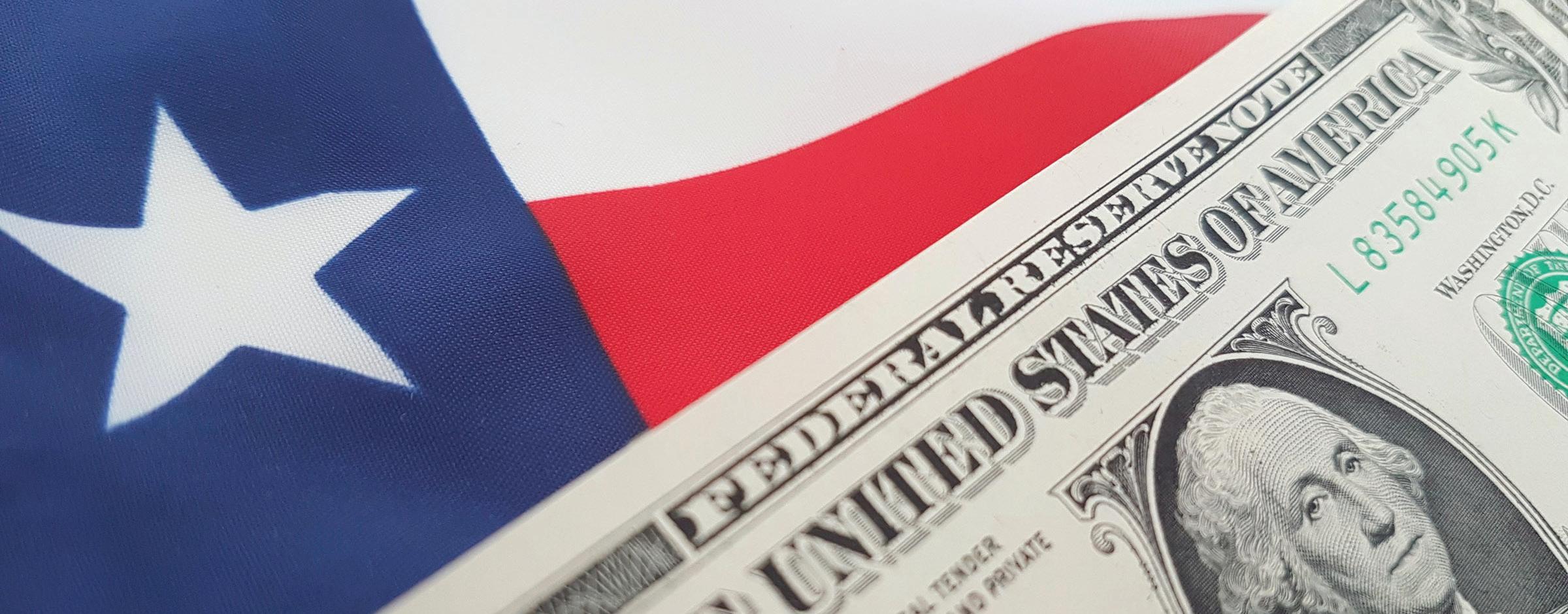FEATURE
OVERTIME PAY FOR CPA FIRM AUDIT STAFF
By Ryan Wassenberg, Alan Reinstein, DBA, CPA, CGMA, and Myles Stern, Ph.D., CMA
T
he Department of Labor, through the U.S. Federal Labor Standards Act (FLSA), regulates who should earn overtime pay and classifies different occupations as “exempt” or “non-exempt” from receiving overtime pay (Postol, 2004). The FLSA further categorizes employees exempt from earning overtime as administrative, executive or professional. The accounting occupation has long fallen under the professional overtime exempt classification (Postol, 2004). However, some lower-level CPA firm audit employees have contested the exemption and argued for the right to receive overtime pay when working over 40 hours per week (Hanson & Mautz, 2017). In this article, we discuss various viewpoints regarding lower-level audit staff receiving overtime pay, a matter affecting both these employees and the firms that hire them.
Criteria for the Exempt-Professional Classification The FLSA uses three guidelines to resolve employees’ overtime pay issues: the Salary-Level, Salary-Basis and Standard-Duties tests (Postol, 2004). Those meeting all three of these tests are considered exempt from receiving overtime pay. First, the Salary-Level test determines if an employee is paid below a specific level and thus eligible for overtime pay. Effective January 1, 2020, the “standard salary level” is $684 per week or $35,568 per year (U.S. Department of Labor, 2019). The Salary-Level test usually does not support exempting low-level staff from overtime. 36 Texas Society of CPAs
Next, the Salary-Basis test examines if production or hours worked affects a fixed level of pay (Pollack, 2000). Also, a manager should be unable to dock an employee’s pay for lateness, which would change the classification to nonexempt and allow overtime pay (Pollack, 2000). If the Salary-Basis test determines an employee is paid at equal intervals and rate, with no bearing on performance, that employee classifies as exempt from overtime pay (Postol, 2004). This test’s rigid guidelines generally do not impact lower-level professional accountants. Third, the Standard-Duties test, and defining a “professional” employee, form the key overtime pay criteria for professional employees (Hanson & Mautz, 2017). As noted above, the FLSA identifies the type of employees exempt from overtime and auditors fall under the learned professional classification (Meade, 2009). Per Postol (2004), a professional’s primary duty “consists of work requiring knowledge of an advanced type in a field of science or learning, customarily acquired by a prolonged course of specialized intellectual instruction.” Employees whose primary duties meet this FLSA standard become exempt from overtime (Pollack, 2000).
The Campbell v. PricewaterhouseCoopers Case (2011) A group of current and former junior-level PwC staff members brought a class action case claiming that California law [particularly California Labor Code section 515(a)] entitled them to overtime compensation. They filed this case in federal court under the “Class Action Fairness Act” [28 U.S.C. § 1332(d)].













